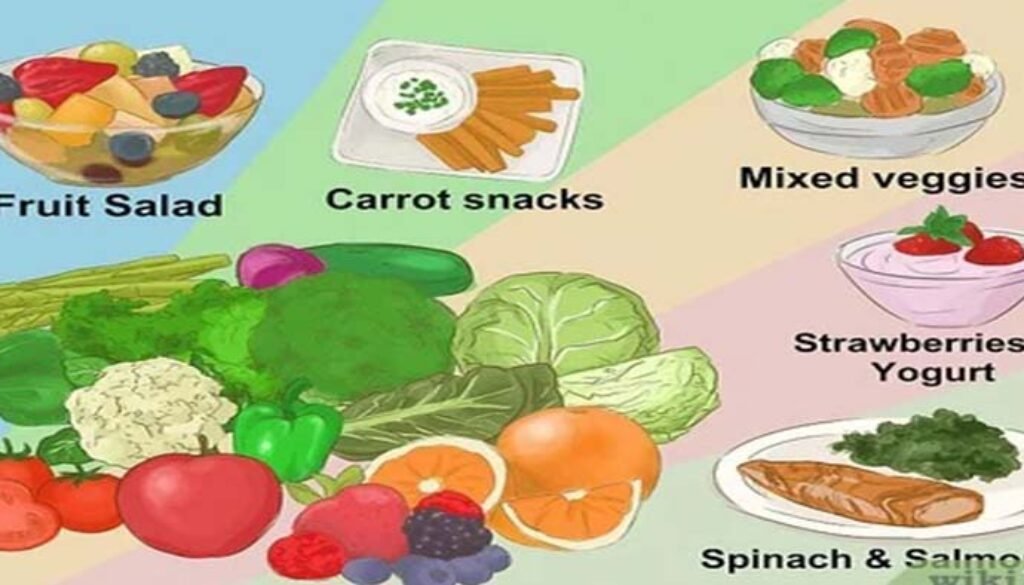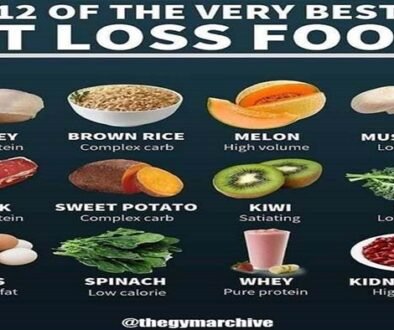How do you prepare people for weight loss?
Weight loss is not just about eating less and exercising more; it’s all about preparation and mindset toward success for the long haul. Helping anyone get started on weight loss requires an understanding of their needs, setting realistic goals, and forging a plan tailored to suit them. The following are ways one could get people ready for successful weight loss.
- Understand Their Why
Have them define and identify their reasons for wanting to lose weight. Whether it is for improved health, a heightened sense of confidence, or improved physical ability, once an effective motivation has been recognized, it puts on a base from which one can work.
Tip: You may ask questions like, “Why do you want to lose weight?” or “How will this make your life different?”
- Diagnose Their Present Condition
Assess their current health, habits, and lifestyle. Knowing where one stands enables the design of a workout plan for weight loss that will not only be effective but also possible to follow.
Key Areas for Assessment:
- Diet: What do they eat? Are there any unhealthy patterns?
- Activity Level: How much exercise does one do currently?
- Medical Background: Are there any health conditions or medications that may interfere with weight loss?
- Set Realistic Goals
Help them set goals that are SMART: Specific, Measurable, Achievable, Relevant, and Time-bound. Because whenever one expects from oneself too much, frustration is the result, but reachable goals make motivation very high.
Examples of SMART Goals:
Lose 5 kg in 2 months by reducing calorie intake and increasing exercise.
Walk 10,000 steps daily for the next 4 weeks.
- Build a Support System
It is also very important to have a strong support system. Encourage them to include family, friends, or join any weight loss group to stay motivated and accountable.
Suggestion: recommend a few resource tools, like fitness apps or weight loss groups on social media sites, where similar goals can be shared.
- Nutrition Education
Teach the basic principles of healthy eating: portion control, reading food labels, balance of macronutrients-carbohydrates, proteins, and fats.
Easy Tips:
Replace sugary drinks with water.
Add more vegetables to meals.
Eat leaner protein and whole grains.
- Develop a Personalised Exercise Programme
Tailor the exercise programme in accordance with their condition. Gradually develop over time to prevent injury and build into the habit consistently.
Easy Ways to Get Started:
Begin with 20-30 minutes brisk walking
Add strengthening exercises twice a week
- Mental and Emotional Health
Weight loss is equally an issue of the mind as it is a physical one. Teach them how to identify emotional triggers for overeating and ways of dealing with them.
Strategies:
Practice meditation, yoga, or other mindfulness techniques to manage stress.
Keep a journal to track feelings and actions regarding eating.
- Plan for Challenges
Prepare them for the common things that may get in the way, such as plateaus, cravings, or social pressures. Prepare them with strategies that may help in such situations.
Tips:
Suggest healthy alternatives or little indulgences that won’t make them feel like they’re stuck in a rut for cravings.
Teach them to communicate their goals to friends and family to avoid peer pressure.
- Monitoring Progress and Making Adjustments
Log progress regularly through weight, measurements, or other fitness milestones. Celebrating small victories will help them stay motivated. Make course corrections as necessary.
Example: If they hit a plateau, reassess calorie intake or an exercise routine to see where some tweaks might be needed. - Emphasise Sustainability
Encourage lifestyle changes—not quick fixes. Emphasise the kinds of behaviours they can stick to over the long haul to avoid regaining the weight.
Long-term Habits
Cook more at home.
Be active every day, even after you reach your weight loss goal.
Conclusion
Preparing someone for weight loss is not about a set of dos and don’ts; it is about understanding one’s particular case, emotional support, and practical tools to help them be successful. You will enable them to focus on gradual, sustainable changes with which they can get rid of the extra weight and be able to maintain a healthier lifestyle in the long term.



